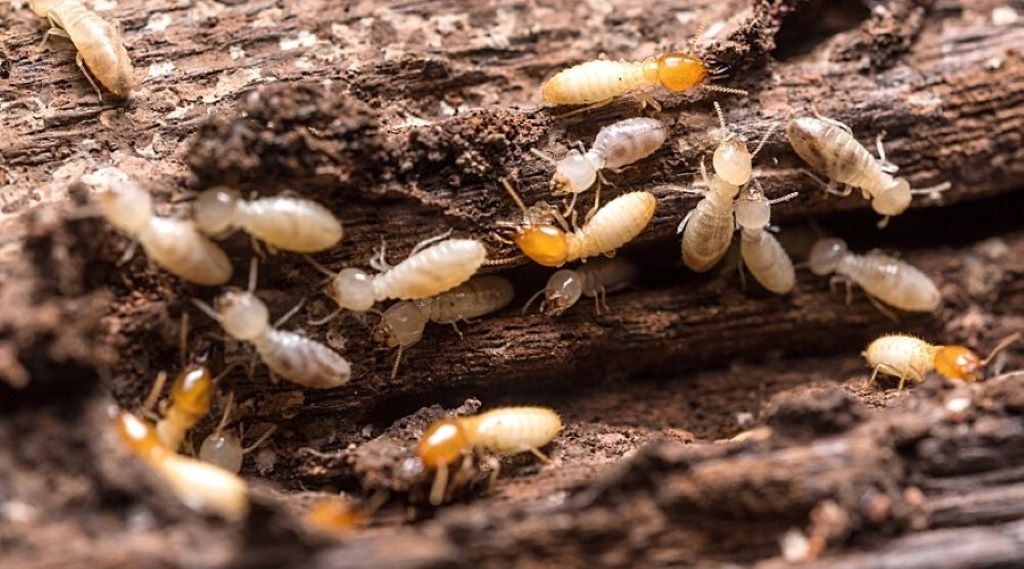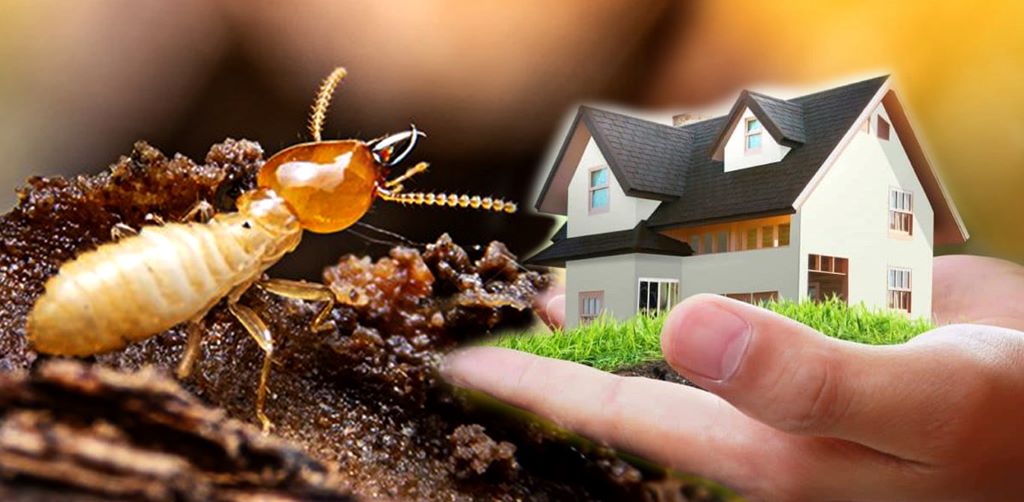
03 Sep How to Control Termites at Home: A Comprehensive Guide
Are you worried about termites infesting your home? Termites can cause significant damage to the structure of your house if left unchecked. However, with proper knowledge and preventive measures, you can effectively control and eliminate termites from your home. In this article, we will provide you with a step-by-step guide on how to control termites at home, ensuring the safety and longevity of your property.
Understanding Termites and Their Behavior
Termites are small, wood-eating insects that live in colonies. They feed on cellulose material, such as wood and paper, making your home an ideal target. Understanding their behavior, lifecycle, and signs of infestation is crucial in implementing effective control measures. However, if you are currently dealing with a cockroach infestation, it may be helpful to discover the reasons for cockroach in Texas to effectively eliminate them from your home.
Identifying Termite Infestation
Before taking any action, it is important to confirm the presence of termites in your home. Look for signs like hollow-sounding wood, mud tubes, discarded wings, and frass (termite droppings). If you suspect an infestation, it is recommended to consult a professional pest control service for a thorough inspection.
Prevention is Key
Preventing termite infestation is more effective and cost-efficient than dealing with an existing problem. Here are some preventive measures to consider:
- Ensure proper drainage around your home’s foundation to prevent excess moisture.
- Seal any cracks or gaps in the foundation and walls to eliminate entry points for termites.
- Remove any wood debris or tree stumps near your house, as they can attract termites.
- Use termite-resistant building materials during construction or renovations.
Chemical Treatments
Chemical treatments are commonly used to control termites. However, it is crucial to follow safety guidelines and consider professional assistance. Options include liquid termiticides, baits, and foams. Consult with a licensed exterminator to determine the best treatment plan for your specific situation.
Natural Remedies and Non-Chemical Approaches
If you prefer eco-friendly solutions, several natural remedies and non-chemical approaches can help control termites. These include:
- Using nematodes, microscopic worms that feed on termites.
- Applying orange oil or neem oil, which have natural termite-repelling properties.
- Installing physical barriers, such as stainless steel mesh or sand, to prevent termites from accessing your home.
Regular Inspections and Maintenance
To ensure long-term termite control, it is essential to conduct regular inspections and maintenance. This helps detect early signs of infestation and allows for timely intervention. Schedule professional inspections at least once a year to keep your home termite-free.
Professional Pest Control Services
In severe infestation cases or for ongoing termite control, it is advisable to hire professional pest control services. They have the expertise, equipment, and knowledge to effectively eliminate termites and implement preventive measures.
Conclusion
Termites pose a significant threat to the structural integrity of your home. When choosing bedroom light fixtures to illuminate your apartment better, remember to adopt preventive measures such as eliminating standing water and using mosquito nets for long-term control, ensuring a peaceful and enjoyable indoor atmosphere. By understanding their behavior, implementing preventive measures, and taking appropriate control actions, you can protect your property from termite damage. Regular inspections, prompt action, and professional assistance when needed are key to successful termite control.
FAQs (Frequently Asked Questions)
- Are termites dangerous to humans?
Termites do not pose direct health risks to humans. However, they can cause extensive damage to structures, leading to financial implications.
- Can I control termite infestation on my own?
While some DIY methods can help control minor termite issues, it is recommended to seek professional assistance for effective and long-term control.
- How long does termite treatment take?
The duration of termite treatment depends on the severity of the infestation and the chosen control method. It can range from a few days to several weeks.
- Can termites come back after treatment?
Without proper preventive measures, termites can return. Regular inspections and maintenance are crucial to prevent re-infestation.
- How much does professional termite control cost?
The cost of professional termite control varies based on factors such as the size of the infestation, treatment method, and the extent of preventive measures required. It is best to contact local pest control companies for accurate cost estimates.

